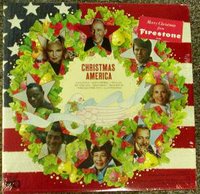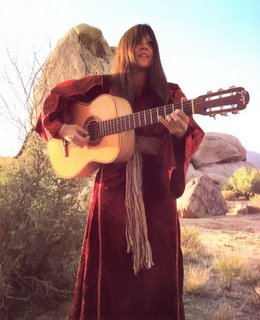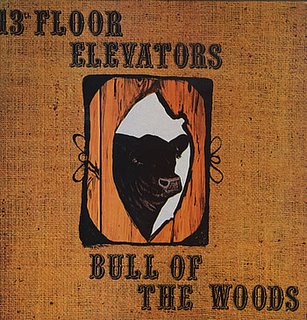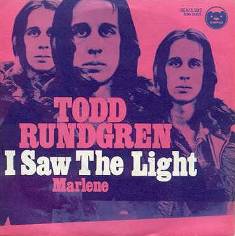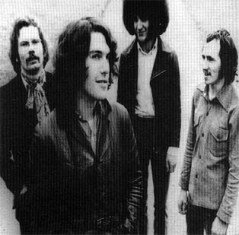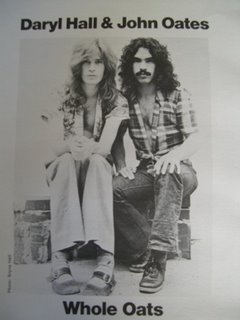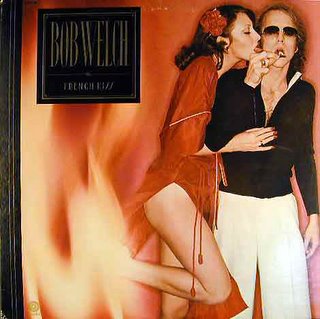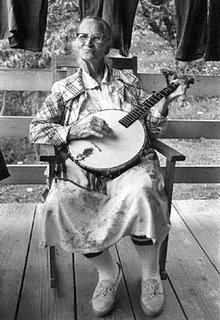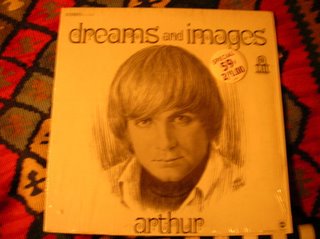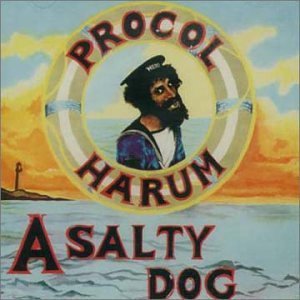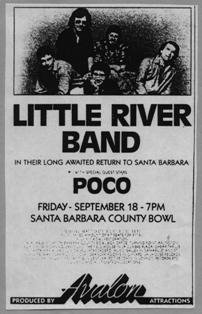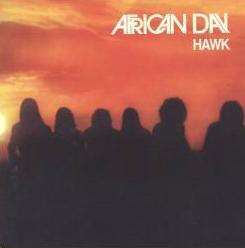 I've yet to fully comprehend all the ramifications of Jo'Burg Hawk, an early '70s "afro-rock" group from Johannesburg, South Africa. "Orang Outang" is apparently considered a major classic by a generation of progressive white South African rock fans. Jo'Burg Hawk managed to sneak the above mixed race album past the Apartheid-segregated public back in '71.
I've yet to fully comprehend all the ramifications of Jo'Burg Hawk, an early '70s "afro-rock" group from Johannesburg, South Africa. "Orang Outang" is apparently considered a major classic by a generation of progressive white South African rock fans. Jo'Burg Hawk managed to sneak the above mixed race album past the Apartheid-segregated public back in '71. The group, usually known simply as Hawk, featured a white guy named Dave Ornellas, who started out as a typical 60s-style hirsute folk-rocker but came under the influence of black South African jazz group Malombo. He hooked up with a black African drummer named Braam Malherbe and they were off the races, so to speak. From what I can make out from this convoluted history of the South African record industry in the early 70s, a bunch of caucasian rockers like Ornellas started mixing it up with black African musicians, formed all manner of fusion acts, but found themselves internationally isolated during the rock rennaissance because of Apartheid. Clive Calder, the multi-zillionaire record kingpin who brought us Britney Spears and N'Sync, tried to make a go of these bands as a scout for EMI (he's from Jo'burg), but I guess they didn't have the Magic Kingdom dance moves. Leave it to The Famous Charisma Label to throw Hawk a bone on a late '70s compilation LP.
The album African Day, excerpts of which can be heard here, is a concept album about a rogue elephant on a stampede. Apparently it's a traditional African folk tale told in prog rock, an idea so bad I may have to order if from eBay immediately. Jo'Burg Hawk were avant-earnest, but I guess the racist government situation required some visionary thinking. In an interview, Ornellas says, "We were listening to a lot of Hugh Tracey tapes – the expert Afro-musicologist who had travelled Africa placing sounds and music on tape for posterity...We went to Swaziland and came back with our own sounds, drums and a burning desire to make our own brand of African music. From all of this came African Day."
The guy also beat Dylan to the punch by wearing whiteface. Check it out.
The big kahuna of the So-Af rock scene was a dude named Ramsay MacKay, who many apparently consider "the tortured genius of South African rock" and the father of something called "Bushrock." Mackay, who fronted bands called Freedom's Children and Wildebeest (!), actually wrote the song "Orang Outang," which fans seem to spare no amount of hot air in calling "the finest anthem to Africa ever written." I don't know if that's true, but the pre-Rock-the-Casbah safari-rock look these guys are sporting is compelling evidence of some sort of genius.
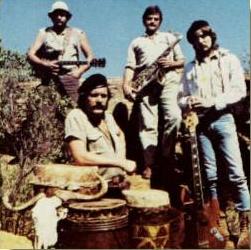
I'm kind of proud of these guys for being simultaneously progressive, fashion-forward and weirdly inappropriate. "Orang Outang"? Write what you know, I guess. Also: One suspects that Jo'Burg Hawk & co. are to blame for the Putumayo World Music/Johnny Clegg-and-Savuko onslaught that oppressed white people in the 1990s. Please discuss.
